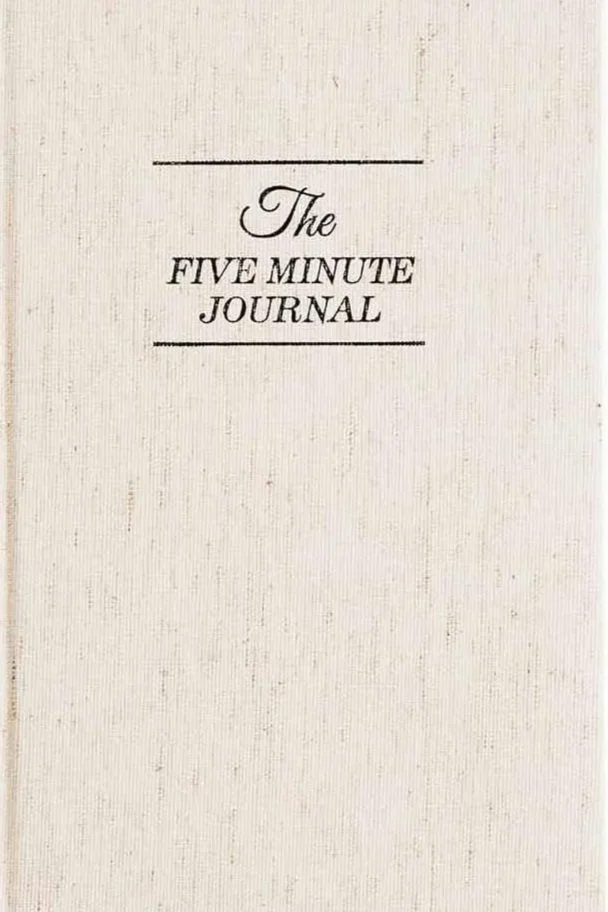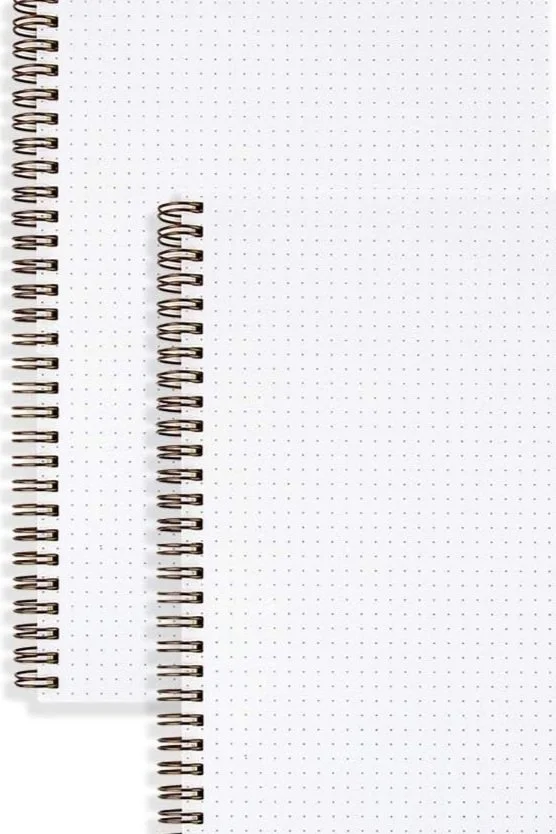Exploring Healing Horizons: The Therapeutic Power of Journaling Through Grief
Emotional Release:
Writing provides a cathartic release for pent-up emotions. Putting emotions on paper can be freeing and offers a healthy way to process and release grief.
Stress Reduction:
Journaling has been linked to stress reduction. By externalizing thoughts and feelings, individuals may experience a sense of relief, contributing to overall emotional well-being.
Enhanced Self-Awareness:
Regular journaling enhances self-awareness. Grieving individuals can gain a deeper understanding of their emotional responses, triggers, and the impact of grief on various aspects of their lives.
Empowerment and Control:
Writing provides a sense of empowerment and control over the grieving process. It allows individuals to choose how they want to express and explore their emotions, fostering a sense of agency.
How Does Writing Help with Grief?
Coping Mechanism:
Writing serves as a constructive coping mechanism for grief. It provides an alternative to bottling up emotions, offering a healthy and structured way to process the pain of loss.
Validation of Emotions:
Journaling validates and acknowledges the legitimacy of one's emotions. It serves as a witness to the grief, affirming that what the individual is feeling is valid and part of the healing process.
Connection with the Deceased:
Through writing, individuals can maintain a connection with the deceased. They may write letters, share memories, or express ongoing thoughts and feelings, fostering a sense of continued relationship.
Integration of Loss:
Writing helps integrate the loss into one's life. By revisiting and reflecting on entries over time, individuals can gradually incorporate the experience into their narrative, allowing for a more comprehensive understanding.
What Is the “Grieving Process” Journal?
The Grieving Process Journal is a structured tool designed to guide individuals through their grief journey. It typically includes prompts and sections for different aspects of the grieving process, such as:
Emotion Exploration:
Sections to express a range of emotions and delve into the specifics of each feeling.
Reflection on Memories:
Prompts to recall and document memories of the deceased, celebrating their life and impact.
Coping Strategies:
Space to explore and record coping mechanisms that have proven effective or new strategies to try.
Milestones and Progress:
A section to note milestones, no matter how small, and reflect on the progress made in the grieving process.
Gratitude and Remembrance:
Journaling is a way to express gratitude for the positive aspects of the relationship and ways to keep the memory of the deceased alive.
Utilizing a Grieving Process Journal can add structure and guidance to the journaling experience, making it a purposeful and therapeutic tool for navigating grief.
In conclusion, journaling is a therapeutic and empowering practice for grieving individuals. It offers a safe space for emotional expression, self-reflection, and the processing of complex feelings. The therapeutic effects extend beyond the act of writing, contributing to stress reduction, enhanced self-awareness, and an empowering sense of control over the grieving process.
Whether using a structured journal or an open-ended approach, the act of putting pen to paper can be a profound and healing aspect of the journey through grief.
Journaling can provide solace and insight during the grieving process, offering a powerful tool for healing. As anyone in grief will tell you, researching resources and strategies to help manage their emotions can be daunting—by utilizing a Grieving Process Journal as a starting point, individuals can incorporate structure and guidance into the journaling experience. This makes it easier and more manageable to express themselves freely and reflect on their journeys with thoughtful intention.
Journaling is backed by research demonstrating its positive effects on physical health, mental well-being, and overall coping capabilities. So often, we lack agency over what happens to us when we are grieving—yet something like journaling can give us back a sense of autonomy and help remind us that even through dark times, we remain in control of our stories.
If you're interested in learning more ways journaling could support your journey through grief, please consider joining me for a free consultation today!
Bonus Section: Find a Journal today!
Choosing a journal depends on personal preferences, the intended use, and features that align with individual needs (some may have affiliate links are added at no cost to you, and these are journals I have personally used and loved)
Here are five highly regarded journals, each with unique characteristics:
Moleskine notebooks are a popular choice known for its iconic design and quality. They come in various sizes and paper types, including dotted, ruled, and blank. The elastic closure and expandable inner pocket add practicality.
Leuchtturm1917 notebooks are favored for their high-quality paper, numbered pages, and table of contents. The A5 size is portable, and the dotted, ruled, or plain pages cater to different preferences. It also includes an expandable pocket and elastic closure.
Designed for daily gratitude and reflection, the Five Minute Journal is structured with prompts to encourage a positive mindset. It includes morning and evening reflection sections, making it a quick yet impactful daily practice.
Ideal for creative or bullet journaling, the Artistro Dot Grid Notebook features thick, bleed-resistant paper with a dot grid pattern. The sturdy hardcover and lay-flat design suits it for various artistic and organizational purposes.
Notability is basically the rockstar of note-taking apps, and let me tell you, it's got some serious pros that make it a total game-changer. It's like the Swiss Army knife of note-taking – you can scribble, sketch, and even record audio all in one place. I love it! I use it for my client notes, journaling, and to do lists. The templates are amazing. $14.99-$19.99 is a yearly subscription.
When selecting the ideal journal for your preferences, take into account your specific needs. Consider factors such as portability, the type of paper you prefer, whether you prefer structured prompts, or if you desire digital features for added convenience. By carefully assessing these aspects, you can ensure that you find the journal that best suits your unique requirements and enhances your overall writing experience.







